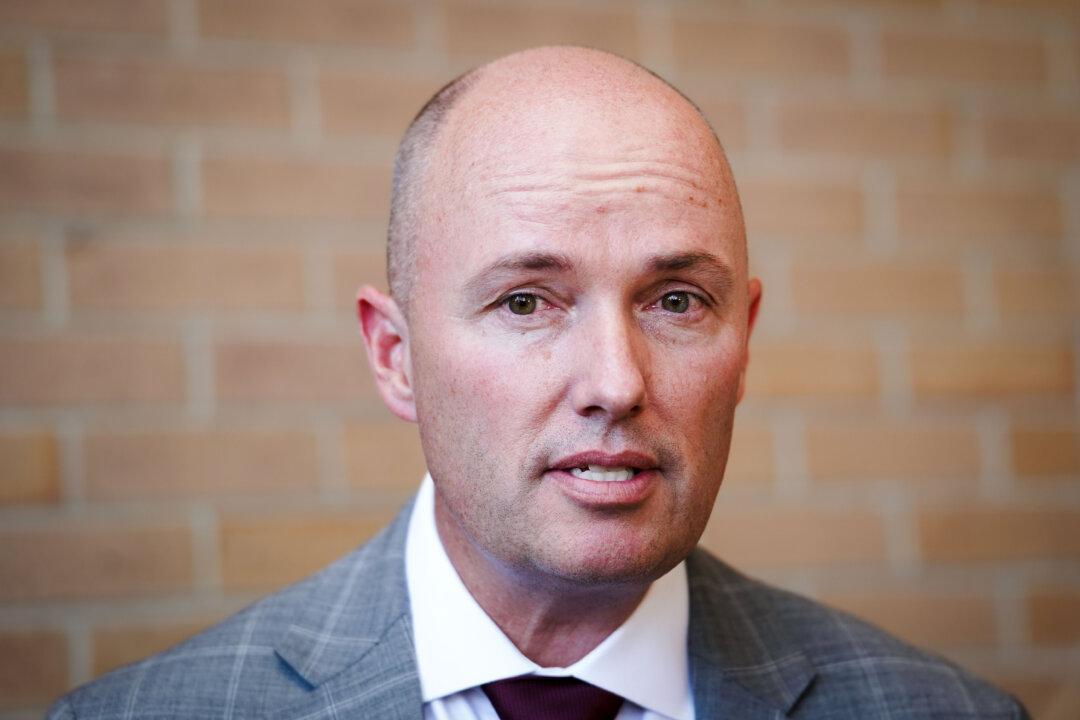A federal judge on Sept. 10 blocked a Utah law that curtails minors’ use of social media, finding that the internet trade association that is suing over the statute is likely to prevail.
NetChoice, whose members include Google and X, stated that the law violates the companies’ First Amendment rights. U.S. District Judge Robert J. Shelby agreed, at least for now.





